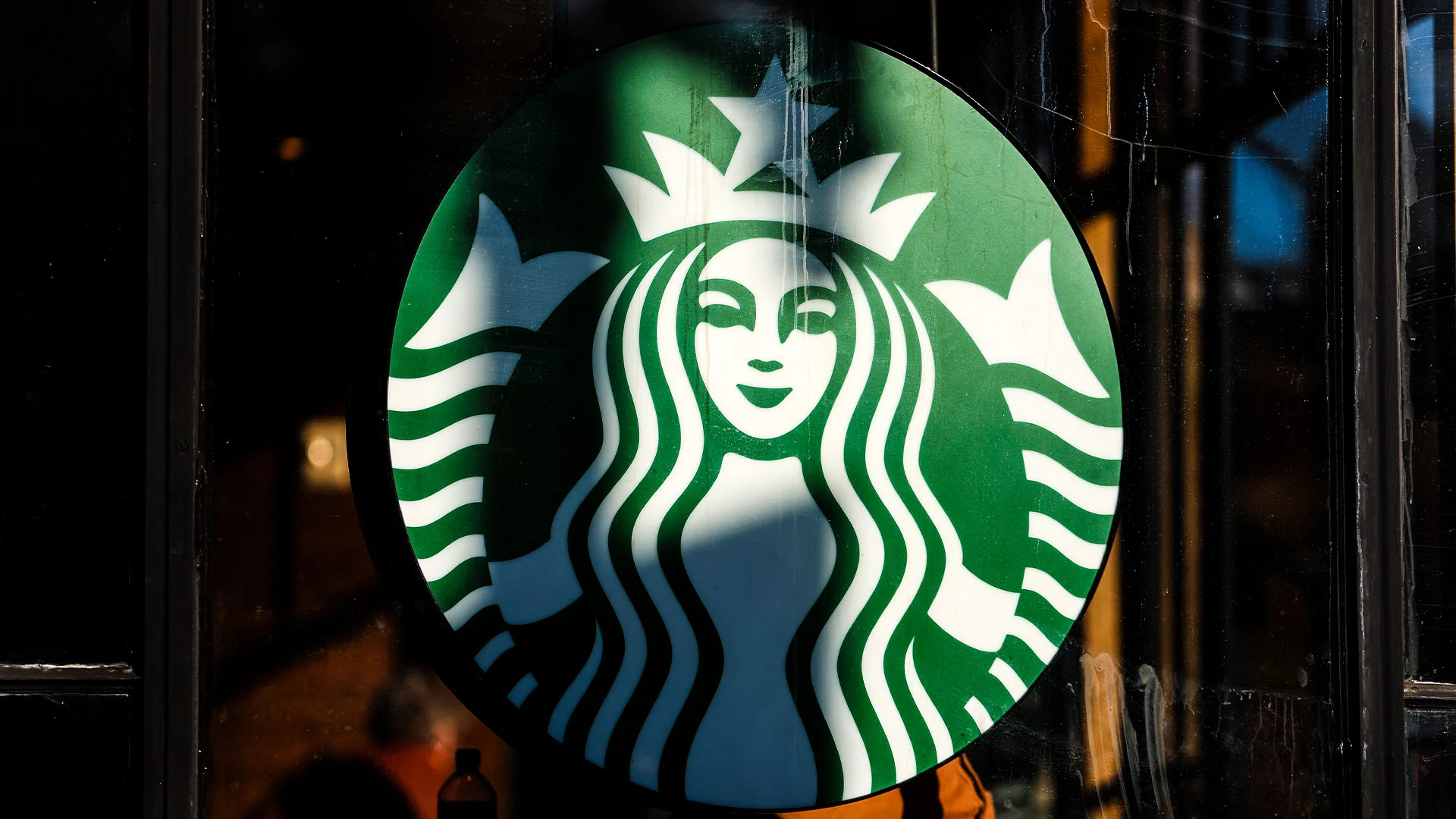The union that represents more than 11,000 Starbucks baristas is responding to the coffee chain’s controversial new code of conduct, which includes a reversal on its open-door policy that allowed people to hang out in its shops or use the bathroom without making a purchase.
Baristas are responsible for enforcing in-store policies, and so Starbucks Workers United (SBWU) is asking for more information from Starbucks and calling on the company to bargain with workers over code-of-conduct enforcement, the union told Fast Company Wednesday through a statement.
“Union baristas are ready to finalize a strong framework as long as Starbucks is committed to investing in baristas in the first year of our contracts,” SBWU said. The union’s members recently went on strike this past December at over 300 stores to protest a lack of progress in contract negotiations.
Reached for comment, Starbucks said the code of conduct already addresses concerns raised by the union. It also said the two sides have already tentatively agreed on “hundreds of topics” through the bargaining process, including the importance of safety and security for workers.
SBWU, which represents baristas across 525 stores, has a long history of clashes with the coffee juggernaut.
The first Starbucks union formed in Buffalo in December 2021. Baristas went on strike in 2022 and 2023 on one of Starbucks’s busiest sales days, Red Cup Day, to protest unfair wages and highlight working conditions baristas have faced. The company recently called the workers’ payment demands “not sustainable.” In response, the union said the company’s pay proposals were “almost laughable.”
And now, another demand falls on the laps of baristas. It is unclear how difficult Starbucks’s new code of conduct will be to enforce—an “everyday responsibility” of baristas, according to the union. It’s also unclear the extent to which baristas will be required to enforce it.
The new policy can be seen as a departure from Starbucks’s previous commitment to becoming a “third place”: a space outside of home and work where people can connect and socialize. Brian Niccol, the company’s new CEO, had recently emphasized the importance of upholding Starbucks’s third-place status in an October earnings call.
In addition to enforcement concerns, the change could prevent those with urgent bathroom needs from reaching a free toilet, which are sparse in big cities such as New York.
Correction: An earlier version of this story misstated the number of stores involved in a recent Starbucks strike. It was over 300, not 60. The post has also been updated with Starbucks’s response.
